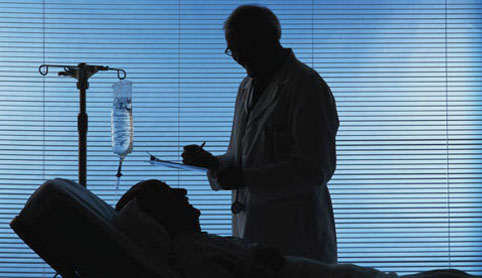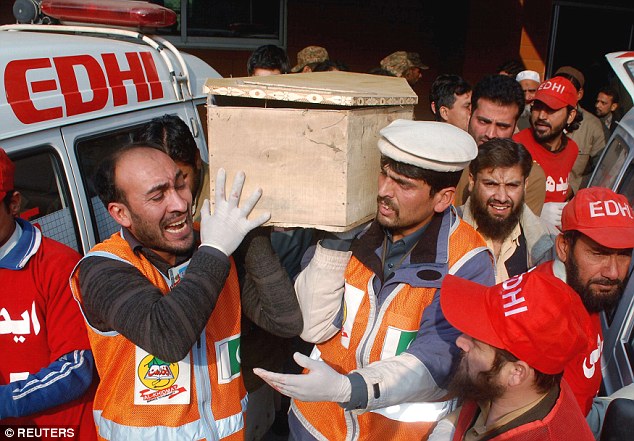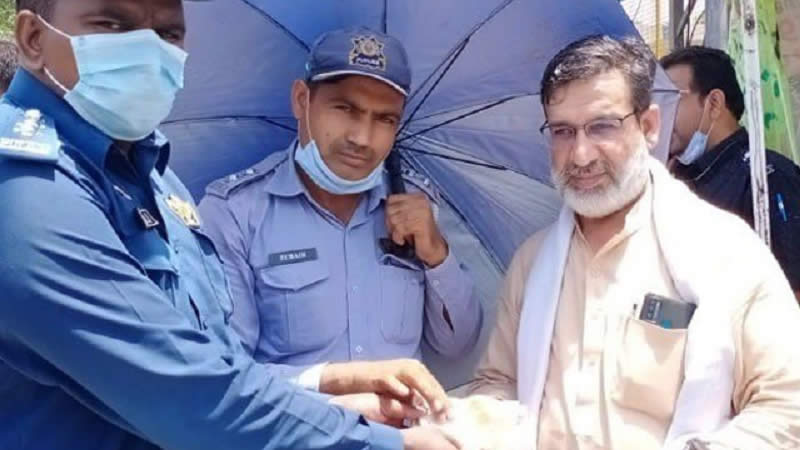
Thousands of patients have already been placed on ‘death registers’ which single them out to be allowed to die in comfort rather than be given life-saving treatment in hospital, it emerged last night.
Nearly 3,000 doctors have promised to draw up a list of patients they believe are likely to die within a year, Department of Health figures showed yesterday.As part of an unpublicised campaign endorsed by ministers, GPs have been encouraged to make lists – officially known as End of Life Care Registers – of people they believe are going to die soon and should be helped to do so in comfort.They have been asked to earmark elderly patients who show signs of frailty or deterioration during routine consultations at their surgeries.
Although more than 7,000 patients nationwide have already been put on the list, there appears to be no obligation for doctors to inform them.Some medical professionals went public with their worries yesterday following the Daily Mail’s disclosure of the NHS request to doctors to put one in every 100 of their patients on death lists.Dr Peter Saunders, of the Christian Medical Fellowship, warned about the risks of drawing up ‘quotas’ for the dying.’We all know that doctors’ estimates of patients’ lifespans can be sometimes accurate but sometimes wildly inaccurate,’ he said.
‘A skilled doctor can in the great majority of cases assess when a patient is within a few hours or days of death. However, once we start to talk about weeks or months we know that we can often be right, but equally very badly wrong.’The NHS is pushing for the death lists at a time when a keystone of its ‘end of life strategy’, the Liverpool Care Pathway, has come under fierce criticism from leading medical figures and families who believe their loved ones have been wrongly picked out in hospitals as dying.Mr Saunders yesterday said he was concerned about the increasing use of the Pathway, adding that ‘we know that some people have been put on it inappropriately’.
Under the LCP, hospital patients judged to be in the last days and hours of life are spared life-saving treatment, and often heavily sedated and denied nutrition and fluid by tube.One leading critic, NHS consultant Professor Patrick Pullicino, has said use of the Pathway is a self-fulfilling prophecy and amounts to assisted death.Guidance for GPs says patients on the death registers should be asked if they wish to die at home so money can be saved on hospital admissions.Patients are also being encouraged to make up ‘living wills’ which instruct doctors to withdraw food and fluid tubes if they become too ill to speak. Such patients, GPs have been told, are ‘less likely to be subject to treatments of limited clinical value’.
Figures from Care Minister Norman Lamb in a report on the NHS End of Life Care Strategy show 2,900 doctors have signed up, including 1,000 GPs.The report said by the end of March 333, GPs had registers in operation, with 7,723 names. Of these, 2,534 were patients diagnosed with illnesses other than cancer. Some 3,531 patients agreed to ‘advanced care planning’, which can include agreement to a living will.Doctors do not appear to have been instructed to inform patients or families when names are added. No patient or family has yet come forward to say they knew about their inclusion in a register.
Instead doctors are encouraged to have discussions with patients in which they raise the question of how long they are likely to live and how they should be cared for.NHS end of life care director Professor Sir Mike Richards said in the report that the campaign ‘has reached its midpoint target of 1,000 GPs signed up by August 2012’.The Department of Health said: ‘Patients can be placed on the GP End of Life Care register without their knowledge. However, being on this register purely means they have been identified as needing an end of life care plan.
‘It does not mean they are automatically placed on an end of life pathway. It does not mean they will not receive treatment.”People tell us they want to spend their last days in their own bed at home surrounded by loved ones, rather than in a hospital bed. GPs can help make sure that happens by offering the opportunity to prepare a plan.’ – Dailymail











